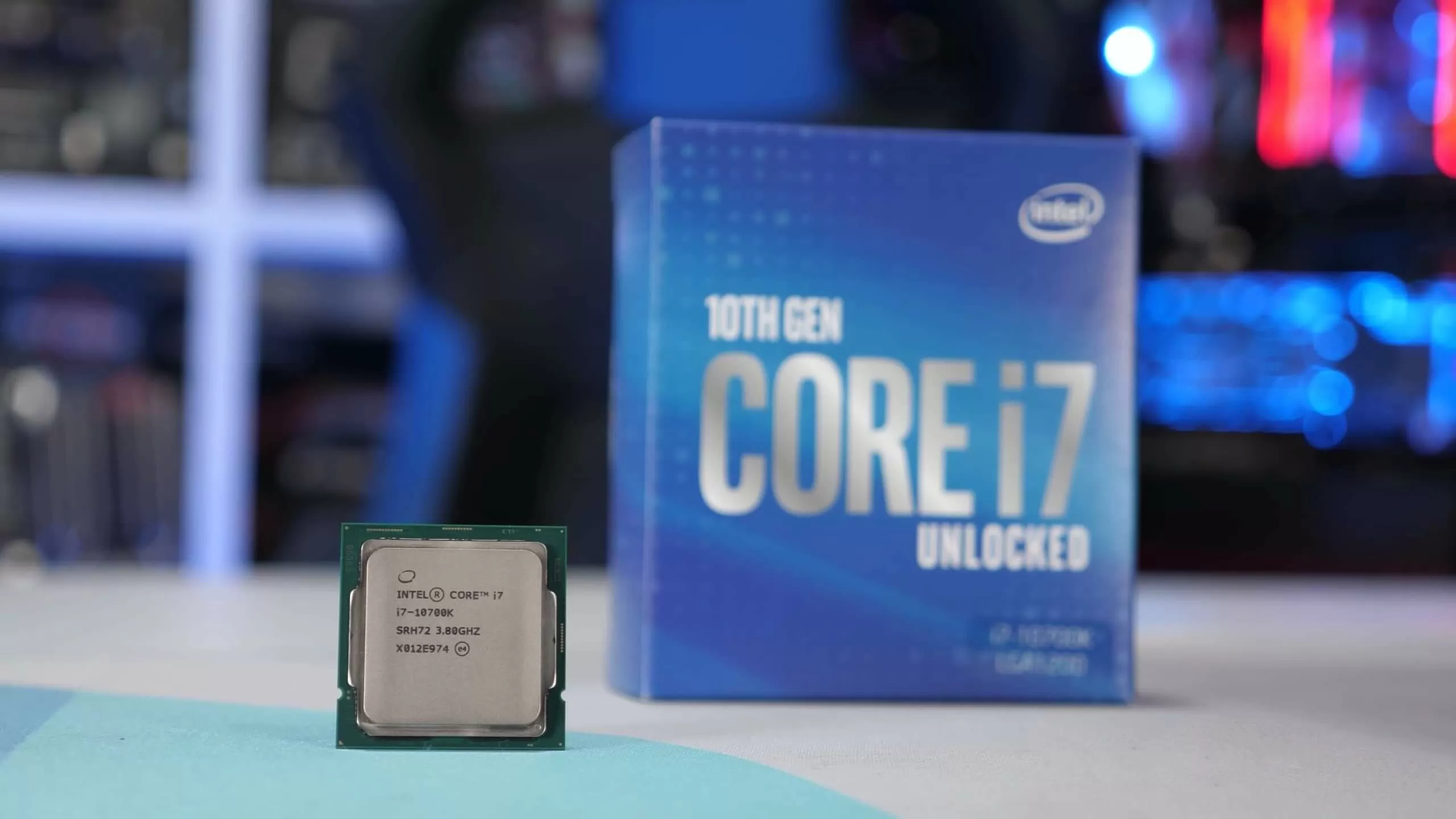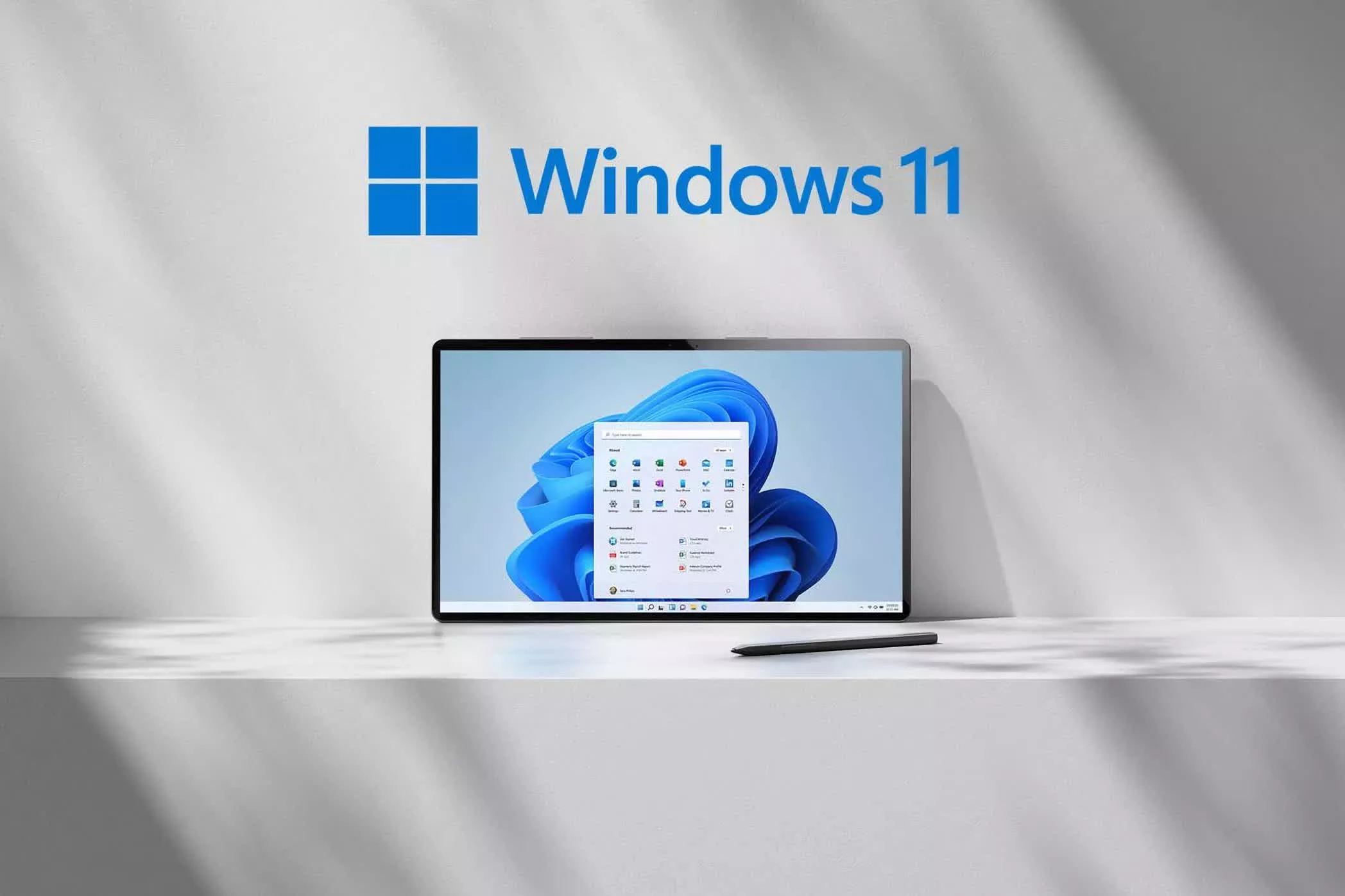Bottom line: Reports that emerged earlier today claiming Microsoft had dropped Windows 11 24H2 support for 8th, 9th, and 10th-gen Intel CPUs are inaccurate. The chips are no longer listed as being supported for the OS on Microsoft's OEM website, meaning the change doesn't apply to consumers.

Microsoft updated the OEM support document, titled Windows 11 version 24H2 supported Intel processors, on February 13, writes Windows Latest.
In addition to adding mention of Windows 11 24H2, the list of supported processors now includes some new models and is missing several generations of Intel processors.
The oldest supported consumer CPUs are the 11th-gen Rocket Lake chips that were released in early 2021. It led some to believe that Microsoft had officially ended support for 8th, 9th, and 10th-gen CPUs on Windows 11 24H2 despite them supporting TPM 2.0.
But the truth is that this list only applies to OEM systems. Microsoft writes that the processors on the list meet the design principles around security, reliability, and the minimum system requirements for Windows 11.

The Redmond firm adds that OEMs may use the CPUs for new Windows 11 devices, which must use modern device drivers that have passed the Windows Hardware Compatibility Program for the OS.
A related support document clearly states that changes to the listed processors do not indicate or impact a customer's existing Windows support and are intended for OEMs to determine processors which may be used in new Windows devices.
Most new machines from OEMs like Dell come with the latest, or quite new, hardware, so the changes aren't exactly surprising – it's hard to imagine anyone wanting to buy a brand new PC with a discontinued Coffee Lake processor.
While this latest update is for OEMs, Microsoft is no stranger to controversy when it comes to Windows 11 requirements for consumers. Earlier this month, the company updated the official support article that details the installation methods for Windows 11. The revised page no longer includes any workarounds for bypassing hardware checks and installing the OS on unsupported PCs.
Microsoft drops Windows 11 24H2 support for 8th, 9th, and 10th-gen Intel CPUs – but only for OEMs